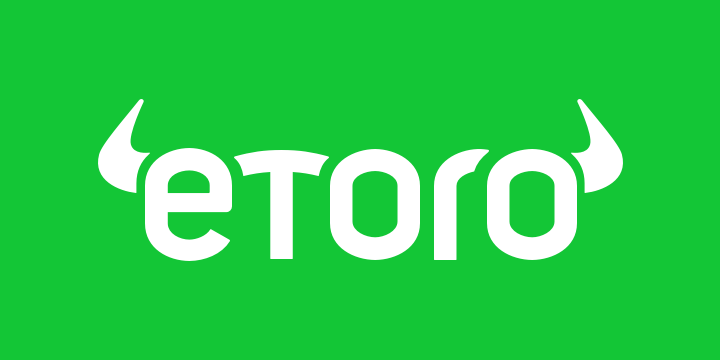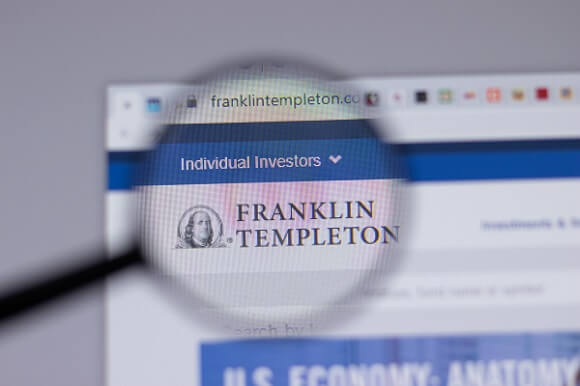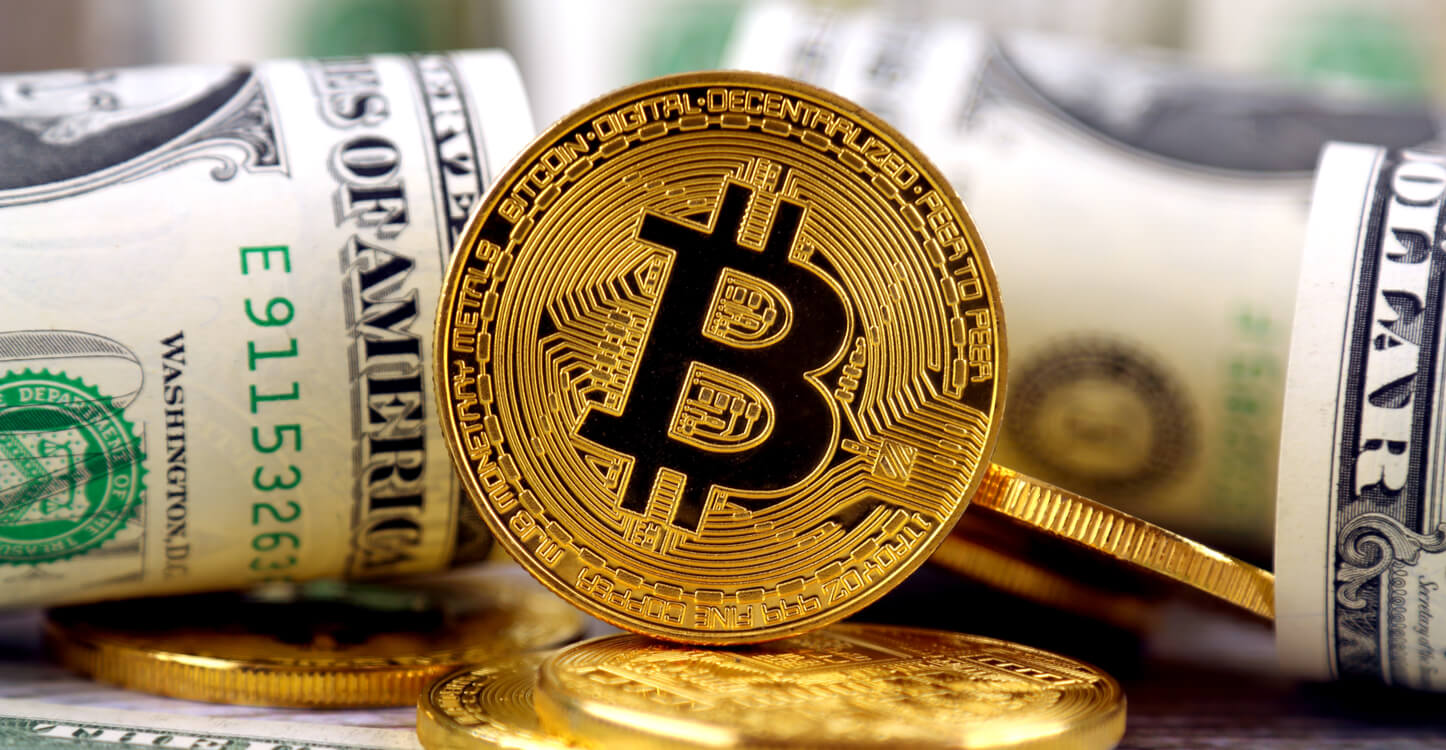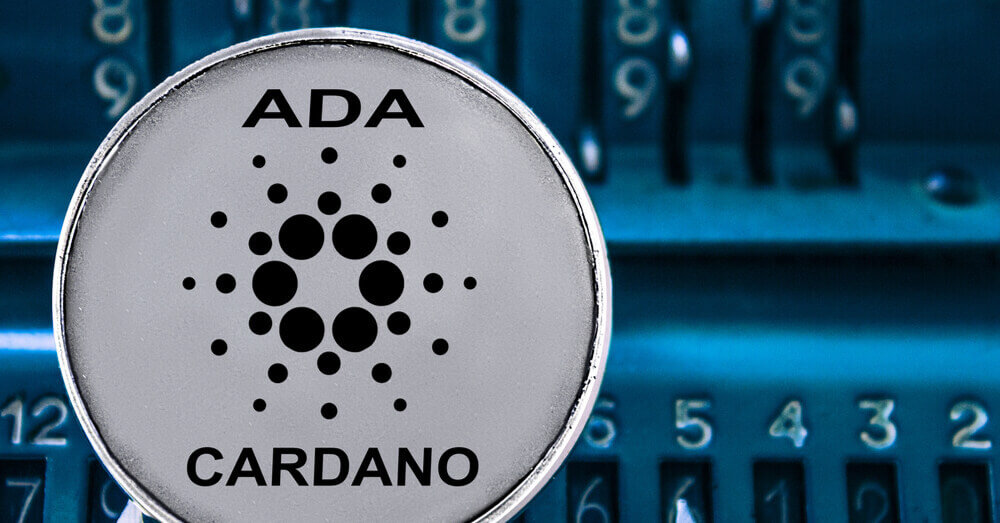How to Buy Bitcoin in Switzerland - Beginner's Guide

Often referred to as the ‘Digital Gold’, Bitcoin (BTC) has stood the test of time and proved itself a valuable and durable asset. Switzerland is a historic and global financial hub that hosts over 900 cryptocurrency and blockchain-tech businesses, most of which are housed in the Swiss city ‘Zug’, also referred to as the ‘Crypto Valley’. Switzerland’s crypto-friendly environment makes it an excellent place to buy and sell Bitcoin, with commonly used payment options such as credit/debit cards, bank deposits, and Paypal.
This guide will go over various aspects of purchasing BTC in Switzerland.
Start Trading
Where to Buy Bitcoin in Switzerland?
With Switzerland being quite pro-crypto, its citizens have three options when it comes to buying Bitcoin. The first option is using exchanges. Most of these are centralised platforms that serve as intermediaries between the buyer and the seller. They use order books with makers and takers and then match the orders.
The other option is brokers who will allow you to access the Bitcoin market using various financial instruments. Unlike exchanges, brokers don’t offer access to the actual asset but allow you to trade derivatives attached to Bitcoin. Derivatives are financial instruments that can be traded with leverage with potentially higher profits compared to spot trading. They are suitable for users who don’t want to deal with the actual asset and the headache of acquiring and safekeeping the asset. Always use regulated platforms to ensure the safety of funds.
We have shortlisted the best broker and exchange platforms to buy BTC and these are listed below.
How to Buy Bitcoin With the Best Broker in Switzerland
Popularly referred to as the ‘Crypto Nation’, Switzerland has various local as well as international cryptocurrency brokers operating in the country. All these are run by entities having extensive experience in offering broker services to interested investors/traders. Keep reading to learn more about opening an account and using these platforms to successfully buy Bitcoin in Switzerland.
1. Register with a Reputable Broker
To begin the process of buying Bitcoin with a broker, you must first locate and sign up with a reputed broker platform. You must compare various brokers based on important criteria like their security features, regulatory status, customer service and costs, to figure out the best one. Alternatively, you can pick any from the ones shortlisted above. Registering will involve submitting some basic details like your name, residential address, email ID and phone number.
2. Verify your Identity (KYC Process)
All regulated brokers will ask you to verify your identity, as per their KYC norms. This can be done by uploading a government-approved photo identity card such as your driving license, passport or national ID card. There may also be a need to submit a copy of a utility bill to serve as proof of address.
3. Deposit Funds with your Preferred Payment Method
You can choose from multiple payment methods offered by the broker to deposit funds for the purchase of Bitcoin. Most of the brokers operating in Switzerland allow BTC purchases via credit cards, debit cards, bank transfers and third-party platforms like Neteller and PayPal. Deposits can be made in Swiss Francs or Euro, depending upon the platform under consideration and your convenience. While bank transfers work out to be the cheapest, they are not as quick as other forms of payment like credit/debit cards and PayPal. The latter on the other hand are quicker and offer a higher degree of convenience, but are expensive too.
4. Open a Position to Long/Short Bitcoin
Whereas a long position on Bitcoin involves correctly predicting a rise in its value, a short position is about betting on its price drop.
For instance, on eToro, a reputed online crypto broker, you can open a long position by buying the actual Bitcoin, and then wait for BTC’s price to increase, to register profit. For a short position, you’ll need to use a Contract for Difference (CFD) to sell a certain amount of underlying BTCs, in the hope that their price will drop so that you can close the position later and take home the opening and closing price difference as your profit.
There are different order types you can use to manually or automatically open/close your trades. These include market order, limit order, stop-loss order and trailing stop-loss order. A market order instructs the brokerage platform to execute the trade instantly at the existing market rate. On the other hand, a limit order executes when the price reaches the point specified by you.
5. Close your position
You should ideally close your open long/short positions as soon as the target price is reached. Most brokerage platforms provide you with different ways to do this. You can close a position manually, at any time you may deem fit.
It’s also possible to take the automatic route if you can’t monitor the prices manually. You can issue certain instructions like stop-loss and take-profit beforehand, and mention the price points at which they must be executed, to automatically close the open trades. For instance, for a long position on BTC, you can specify a stop-loss price point. In this case, the trade will automatically close if the price of BTC drops down to that level, thus preventing bigger losses. In the same way, you can specify a take-profit price point that will come into play as soon as the BTC’s value appreciates to that level, thereby closing the trade and locking your profit before BTC price retraces to a lower level.
How to Buy Bitcoin With the Best Exchange in Switzerland
Crypto exchanges are the most popular platforms where you can buy Bitcoin in Switzerland. There are both local as well as international Bitcoin exchanges operating in the country. When you use exchanges to buy Bitcoin, you assume the actual ownership of the cryptocurrency and will need a crypto wallet to store your coin. The purchase is done through different trading pairs offered by the platform, such as BTC/EUR, BTC/CHF, BTC/USD, BTC/GBP, BTC/ETH and BTC/XRP, each having its own corresponding exchange rate. Below are detailed some steps you’ll need to take, in order to successfully buy Bitcoin through an online exchange in Switzerland.
1. Set up a Wallet
Crypto wallets are software programs meant to safely store crypto assets, including Bitcoin. They can be classified into two categories:
Software wallets: These are software programs run on mobile devices or desktop/laptop computers. Their constant connectivity to the internet makes them a type of hot wallet and exposes them to the risk of hacking attempts.
Hardware wallets: Available in the form of tiny physical devices, hardware wallets are more secure than other forms of Bitcoin wallets, as they store the private keys of cryptocurrencies in an offline environment.
2. Choose and Join an Exchange
With so many cryptocurrency exchanges operating in Switzerland, including local platforms, it can be very difficult to choose the right one for your needs. To pick the right one, you must compare them on the basis of their trading fees, security, trading pairs and ease of usage. Almost all the exchanges will offer a trading pair involving BTC. While Swiss crypto exchanges are more likely to offer BTC/CHF pairs enabling you to buy Bitcoin with the local currency, international exchanges will allow you to purchase it with EUR, USD, GBP and a wide range of altcoins. It is important that you go with a well-regulated trading platform as it will provide you more security for your funds compared to an unregulated exchange.
3. Choose Your Payment Methods
It is common for cryptocurrency exchanges in Switzerland to accept all kinds of deposit options including credit cards, debit cards, PayPal, and bank transfers. Credit/debit cards owing to their higher transaction fee are used mostly for one time or occasional Bitcoin purchases and offer a higher degree of convenience. On the other hand, bank transfers take longer for processing but involve a lower fee, and are therefore used more frequently.
4. Place an Order to Buy BTC
After you have deposited funds into your account with the cryptocurrency exchange, you can opt for a suitable trading pair, enter the amount of Bitcoin you’d like to buy and then click the ‘Buy’ button to make the purchase. You can opt for the market order if you’d like to make the purchase instantly at the prevailing market rate or you can use the limit order to specify a price point at which the ‘Buy’ trade should be executed. In this case, your Bitcoin will be bought only if the BTC value reaches the target price specified by you.
5. Safely Storing Your Bitcoin in a Wallet
After your successful BTC purchase, you may want to transfer your coin to an external crypto wallet for safe storage. Make use of the withdrawal option on the crypto exchange and input your wallet address to set the Bitcoin transfer in motion. Most holders prefer moving their holdings to a dedicated hardware wallet and placing their digital currency in “cold storage”.
What if I want to Buy Bitcoin with Cash in my City in Switzerland?
While it’s fairly easy to buy Bitcoin with cash in Switzerland, you should make such a purchase only through a reliable medium. As mentioned earlier, there are over 1,000 train ticket kiosks (run by Swiss Federal Railways) and 120 Bitcoin ATMs installed all over Switzerland from where you can easily buy BTC with cash. However, please bear in mind, BTC purchases from these ATMs and kiosks may involve a significant fee, usually in the vicinity of 6%. Apart from these two mediums, you can also buy BTC with cash through well-known peer-to-peer (P2P) exchanges that will allow you to deposit cash into an escrow account, and release it only after you’ve received the promised amount of Bitcoin from the seller, in your wallet.
Switzerland is counted amongst the world’s most progressive economies and can be termed as a crypto-friendly nation in many different ways. Cryptocurrencies are considered virtual assets as per Swiss law, which can be easily exchanged over the Internet. No restrictions are placed on buying and selling of cryptocurrencies, or their usage in paying for goods and services. Nonetheless, any business wanting to offer trading services in this regard will require authorisation from the Swiss Financial Market Supervisory Authority (FINMA). Apart from that, all services based on blockchain technologies in the country will be governed by the Federal Distributed Ledger Technology Development Act (DLT Bill) that went live on 1 August 2021.
What is the Best Payment Method for Buying Bitcoin in Switzerland?
Now that you understand the process you need to undergo to buy Bitcoin in this European nation, let’s look at some of the payment options available to you in detail.
- Buy Bitcoin with Cash – This is possible using Bitcoin ATMs or peer-to-peer exchanges where you meet up with the seller, make payment, and transfer the coins to your wallet. However, this can be risky since you are dealing with strangers. You need to take some precautions and consider using escrow services.
- Buy Bitcoin with Credit Card – Another popular mode supported by most platforms. It’s easy to use and reasonably fast but might charge higher fees than some other modes listed here.
- Buy Bitcoin with Bank Transfer – Most platforms will have this option to fund your account. It’s pretty cheap but takes longer before you can access the funds. Bank transfers can take 3 to 5 business days.
- Buy Bitcoin with PayPal – Another popular option you will find supported by most platforms. Third-party payment options such as PayPal can be fast and convenient when it comes to buying Bitcoin.
- Buy Bitcoin with other cryptos – Another option you will have when it comes to buying BTC. Most platforms offering plenty of coins will allow you to buy various tokens using others. The only problem with this mode is that you need to have crypto with you before executing the swap or trade.
3 Tips to Buy Bitcoin
Let’s go over 3 important tips that can help you to buy Bitcoin in Switzerland in a safe, inexpensive and timely manner.
1. Choose the Right Time and Do Your Own Research
When it comes to buying Bitcoin at just the right time, there is no substitute for conducting thorough research and learning from its historical price movements. One shouldn’t get swayed by the volatile market conditions, and trying to learn about the fundamental and technical factors that may influence Bitcoin’s price movements in the future can also help you buy it at the right price point.
2. Comparing Costs to Buy Bitcoin
There are different commissions and fees charged by different platforms for Bitcoin purchases. All such costs must be considered and compared before selecting any specific service provider. Please remember, although these charges may seem negligible at first they can slowly eat into your profit margins, especially if you’re a regular crypto trader.
3. Safety and Security
In the end, you must never overlook the importance of security measures taken by the platform to be used for the Bitcoin purchase. It’s always better to transact with regulated platforms as they have to mandatorily follow stringent security protocols, to hold onto their licences. Reputed and regulated platforms will also insist on KYC norms that help to secure the trading environment for all users.
Can I Buy Bitcoin with Swiss Francs?
While the majority of cryptocurrency brokers and exchanges operating in Switzerland will accept deposits in EUR, USD and GBP, it’s only the local Swiss-based platforms that are normally open to CHF (Swiss Francs) deposits. Some of these platforms may still convert your Swiss Francs into EUR or another popular fiat currency for trading purposes, thereby bringing exchange rates into play. However, most of these charges are minuscule, though they must be factored in beforehand.
Other Ways to Buy Bitcoin in Switzerland?
Use a Bitcoin ATM to Buy BTC: You can buy Bitcoin with cash from 120 Bitcoin ATMs and 1,000+ train ticket kiosks spread over the country.
Other Ways to Get Bitcoin: While many people consider Bitcoin mining as one of the popular means of organically obtaining the cryptocurrency, it isn’t the most feasible way to acquire the coin in Switzerland, considering the high electricity costs. However, you may be able to invest in it through an indirect channel known as ETP (Exchange Traded Product) that enables you to profit from BTC’s market price movements without actually buying or selling the coin. A few FINMA-licensed Swiss banks are also allowed to trade in cryptocurrencies, including Bitcoin.
On the whole, Switzerland is one of the most crypto-friendly countries out there, where you can easily buy Bitcoins without any hassles.
Is it Legal to Buy Bitcoin in Switzerland?
Yes. Switzerland is very open to cryptocurrencies and we have gathered more information about this in our Switzerland tax guide. You are free to make crypto purchases as you like without being in fear of being summoned by authorities. But income from handling crypto might be taxed, and you have to be ready for that.
Where Can I Use Bitcoin in Switzerland?
Switzerland being a pro-crypto nation, you are sure to find a few merchants and service providers that will accept payment for goods and services using BTC. Also, for those that don’t openly accept the coin, you can make arrangements with an individual or business and pay for goods or services using it. Also, you can convert your BTC to fiat and spend it as you like. This is possible using Bitcoin ATMs that allow one to buy and sell about 11 cryptocurrencies, with BTC being one of them. Currently, there are 125 such machines located in various cities and towns such as Zurich 38, Basel 13, Lausanne 18, Genève 17, Bern 11 and many others.
Frequently Asked Questions
Top Bitcoin Stories

Franklin Templeton launches a Bitcoin and Ethereum index ETF
20 February 2025 Franklin Templeton has launched EZPZ ETF tracking Bitcoin and Ether. The EZPZ ETF is the second US…
Bitcoin Pepe’s presale hits $2.77M as survey shows memecoins’ rewards outweigh risks
19 February 2025 Bitcoin Pepe presale hits $2.77M as momentum builds. Enthusiasts believe the LIBRA scandal calls for clearer memecoin…
Blockchain Forum 2025: Global crypto leaders to meet in Moscow
18 February 2025 The countdown is on for the highly anticipated 14th Blockchain Forum, set to take place in the…
The Fed is expected to cut interest rates twice in 2025, what might this mean for the Bitcoin price?
18 February 2025 The cryptocurrency market has gone mainstream. It is no longer retail investors’ assets as institutions globally are…
Bitcoin Pepe’s potential sets it for 100X gains as crypto majors stall
17 February 2025 Despite the optimism and steady fundamentals that continue to buoy cryptocurrencies, majors like Bitcoin and Cardano remain…
